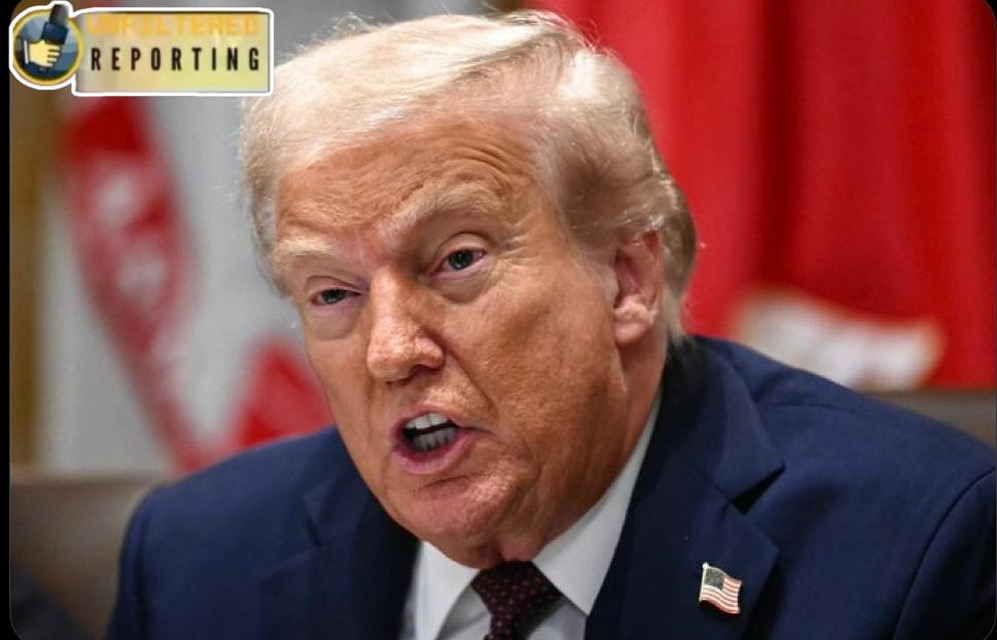Trial of Man Accused of Plotting to Assassinate Donald Trump Opens in Florida

The high-profile trial of Ryan Wesley Routh, the man accused of plotting to assassinate U.S. President, Donald Trump, has commenced in Fort Pierce, Florida, sparking renewed national debate about political violence and security around public figures.
Jury selection began on Monday in the courtroom of U.S. District Judge Aileen Cannon, who is presiding over the proceedings. Routh, a 59-year-old from North Carolina, faces a string of federal charges, including attempted assassination of a major presidential candidate, assault on a federal officer, and several firearms violations.
He is also facing separate state-level counts of attempted murder and terrorism-related offenses. If convicted, he could spend the rest of his life in prison. Federal prosecutors allege that Routh meticulously planned the attack, traveling to Palm Beach and positioning himself with a rifle near the sixth green of Trump International Golf Club, where Trump was playing a round of golf.
Authorities said a Secret Service agent spotted him in the bushes before he could fire. Shots were exchanged, forcing Routh to abandon the attempt and flee the scene. Investigators later recovered the rifle, along with writings and documents that prosecutors claim show his intent and preparation. According to court filings, Routh had tracked Trump’s public appearances and compiled a list of potential locations for an attack.
He is also accused of leaving behind politically charged writings that prosecutors argue demonstrate motive. However, Judge Cannon has already ruled that much of this material will not be introduced in court, restricting the case to the direct evidence surrounding the alleged assassination attempt. The trial has also drawn attention because Routh has chosen to represent himself, dismissing his defense attorneys.
Although standby counsel has been appointed to guide him, he is expected to conduct much of his own defense. Legal analysts say this decision could complicate the trial, as Routh is up against seasoned federal prosecutors and faces a mountain of physical and testimonial evidence. Pretrial hearings have already been marked by unusual courtroom exchanges. Routh attempted to introduce politically loaded questions for jury selection, but Judge Cannon struck down many of them, ruling they were irrelevant and risked bias.
The judge has also sought to keep the trial focused strictly on the alleged actions rather than broader ideological or political arguments. The prosecution’s case is expected to center on testimony from Secret Service personnel, law enforcement officers who responded to the scene, and forensic experts linking the rifle and recovered evidence to Routh. They are also likely to present portions of his own writings and electronic communications, which they say establish clear intent. Routh has pleaded not guilty and continues to maintain that he was not engaged in an assassination plot.
However, the evidence set to be presented may weigh heavily on the jury once opening statements begin. The trial is expected to last several weeks. While Trump himself is not expected to attend the hearings, the case has placed fresh scrutiny on the risks faced by political figures in an increasingly polarized climate. Security experts argue that the case highlights the evolving challenges of protecting public leaders amid rising political tensions in the United States.
As the proceedings continue, the spotlight will remain on whether Routh can effectively manage his defense, how the jury interprets the evidence, and what message the outcome of this trial sends about the justice system’s handling of politically sensitive crimes.









